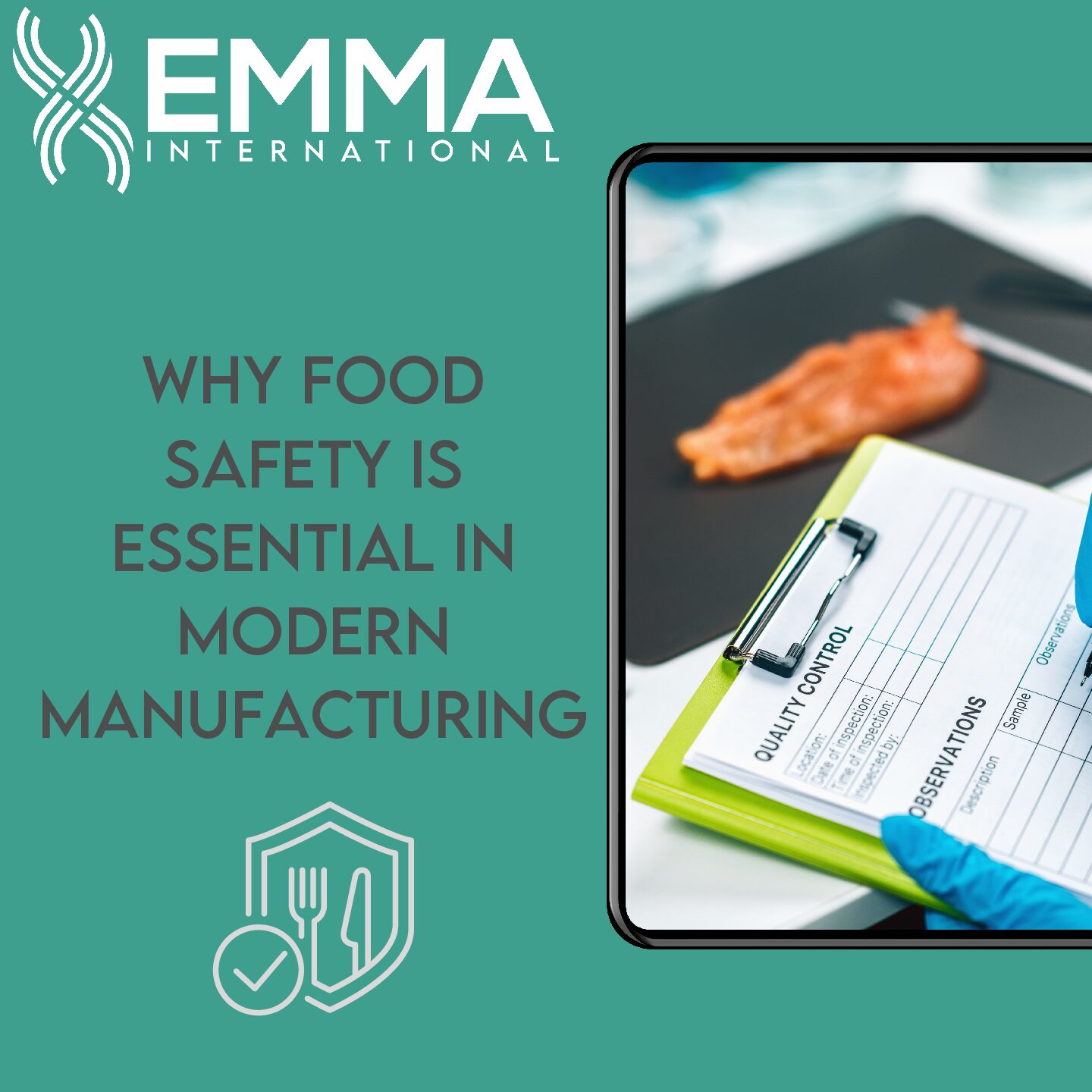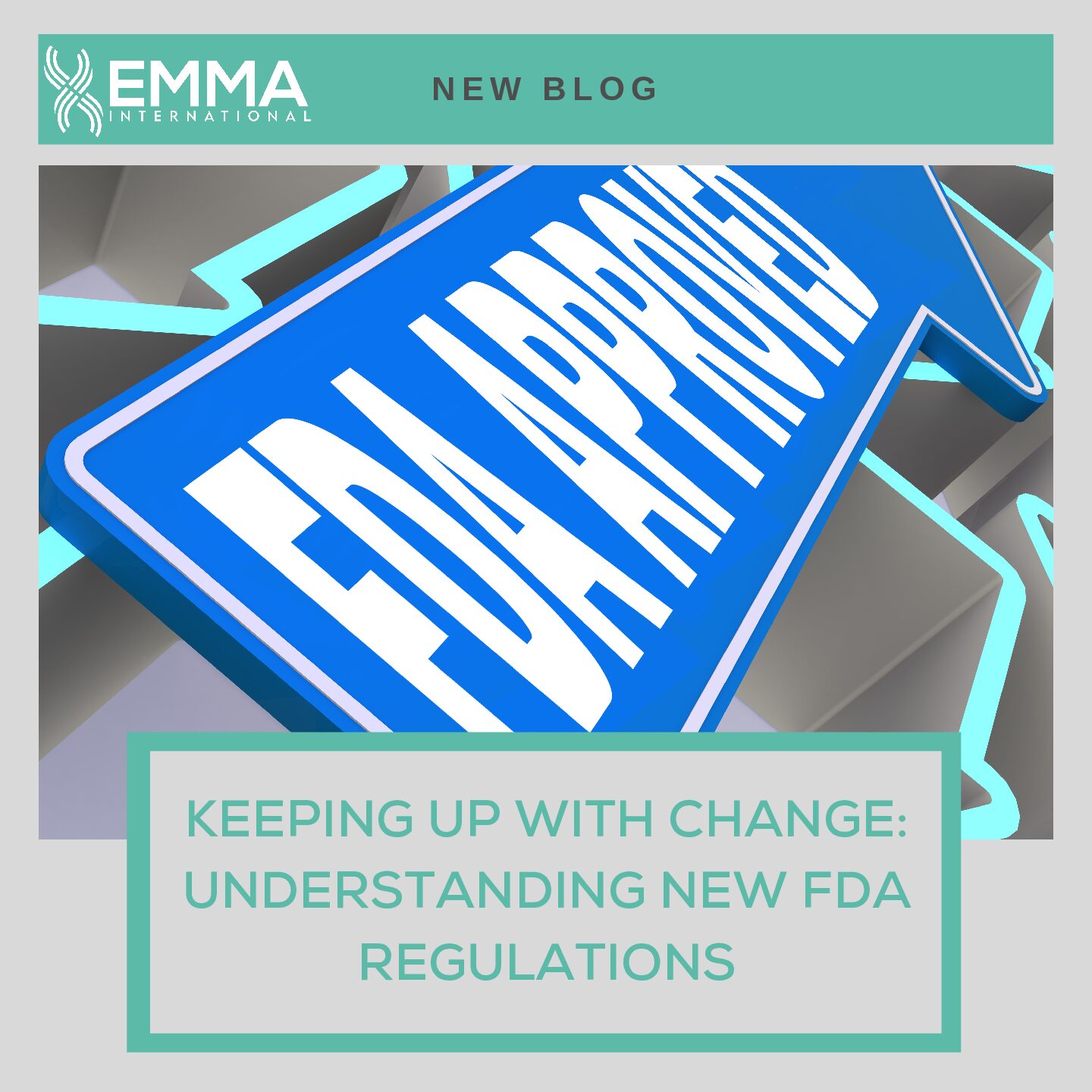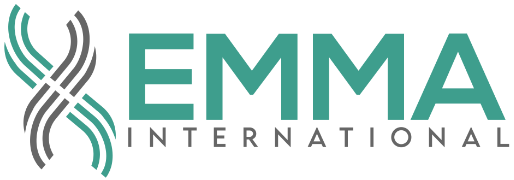The FDA’s Food Safety Modernization Act (FSMA) emphasizes preventing contamination rather than reacting to outbreaks, making preventive controls a cornerstone of food safety programs [1]. These controls address potential hazards during production, processing, and distribution, such as biological, chemical, and physical contaminants. As global supply chains expand, the risk of introducing hazards at any point increases, highlighting the importance of a proactive approach.
Developing an effective risk management framework program ensures that companies identify and manage risks proactively to resolve complex food safety risks. A good risk management framework involves monitoring potential triggers, evaluating and modifying procedures and plans, prioritizing items based on potential risk, robust decision-making based on potential for harm, implementation on modified and evaluated procedures, and making a final decision accounting for risk [2]. Using tools such as Hazard Analysis and Critical Control Points (HACCP) ensures comprehensive coverage of all potential hazards. Comprehensive training for personnel is essential to implementing these controls effectively.
By prioritizing preventive measures, food manufacturers not only comply with FSMA requirements but also reduce the risk of costly recalls. Many people can relate to hearing about a food recall and then feeling your stomach drop as you rush to your refrigerator to ensure you did not purchase (or even worse, consume) the contaminated product. A robust food safety plan protects consumers and fosters trust in the brand. Moreover, meeting these standards enhances global market access, as many countries align with FSMA principles.
EMMA International is here to provide full-circle solutions for all aspects of FSMA compliance and global food safety regulations. Give us a call at 248-987-4497 or email us at info@emmainternational.com to learn more about how EMMA International can take the stress out of quality and regulatory compliance!
[1] FDA (2024) Food Safety Modernization Act (FSMA), Retrieved on 05 December from: https://www.fda.gov/food/guidance-regulation-food-and-dietary-supplements/food-safety-modernization-act-fsma
[2] Dennis et al. (2006) CFSAN’s Risk Management Framework: Best Practices for Resolving Complex Risks, Retrieved on 05 December from: https://www.fda.gov/media/79628/download






